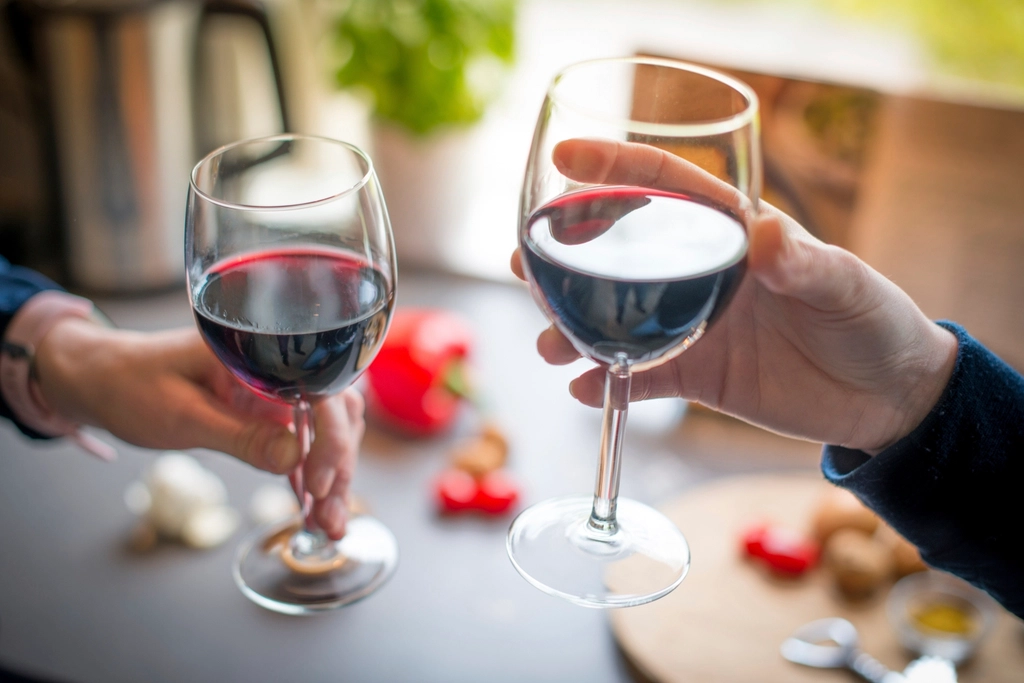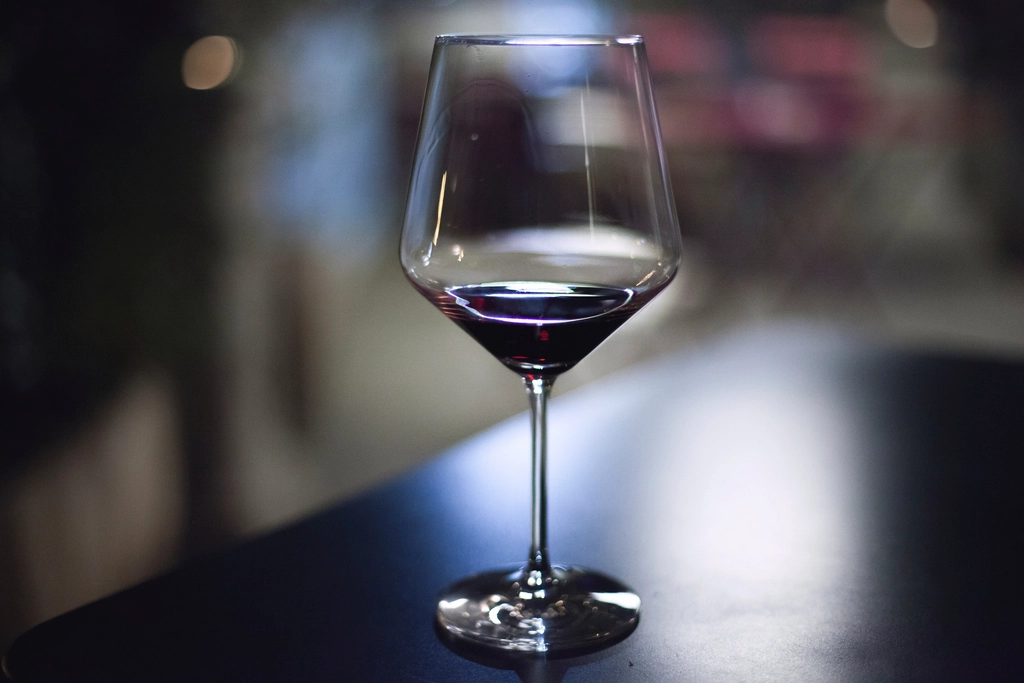New research suggests that both red and white wine pose similar cancer risks—but white wine may have an unexpected link to a higher risk of skin cancer.
Here’s what you need to know about how your favorite wine choice could impact your health.
Alcohol and cancer: The hidden connection

Alcohol has long been classified as a carcinogen, meaning it has been proven to increase the risk of certain cancers. When alcohol is metabolized in the liver, it creates acetaldehyde, a toxic compound that damages DNA and can lead to mutations.
Red wine’s antioxidant reputation

Red wine is often considered a healthier choice due to its high levels of antioxidants like tannins and flavonoids. These compounds, particularly resveratrol, have been linked to cancer-fighting properties in some studies.
No safe amount of alcohol

Despite its antioxidant content, red wine is not risk-free. Studies show that regular alcohol consumption increases the risk of several cancers, including those affecting the breast, lungs, and ovaries.
White wine’s surprising link to skin cancer

The recent study found that white wine was linked to a 22% higher risk of skin cancer compared to red wine. This could be due to differences in how the body metabolizes compounds in white wine.
Breast cancer risk is the same for both wines

Both red and white wine were associated with an increased risk of breast cancer. The study found no significant difference between the two when it comes to breast cancer incidence rates.
The role of wine in overall cancer risk

When looking at all cancers combined, researchers found no major difference between red and white wine. Both types of wine carry similar cancer risks when consumed regularly.
Higher cancer risk in women

While no major differences were found between red and white wine in men, the study showed that women who drank wine regularly had a significantly higher cancer risk overall.
The impact of daily wine consumption

For every additional 10 grams of ethanol from red wine consumed per day, the study found a 5% increase in overall cancer risk. However, this connection was not as clear in long-term cohort studies.
Should you switch to red wine?

Despite red wine’s reputation for being the healthier option, it does not appear to reduce cancer risk. White wine may pose a higher risk for skin cancer, but neither option is truly “safe” when it comes to cancer prevention.
The takeaway: Moderation is key

While occasional wine consumption may not dramatically increase cancer risk, the safest approach is to limit alcohol intake as much as possible. If you enjoy wine, drinking in moderation and maintaining a healthy lifestyle can help minimize potential risks.
Article based on information from News Medical
